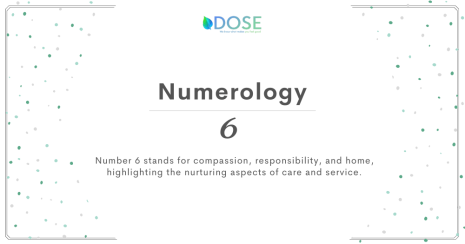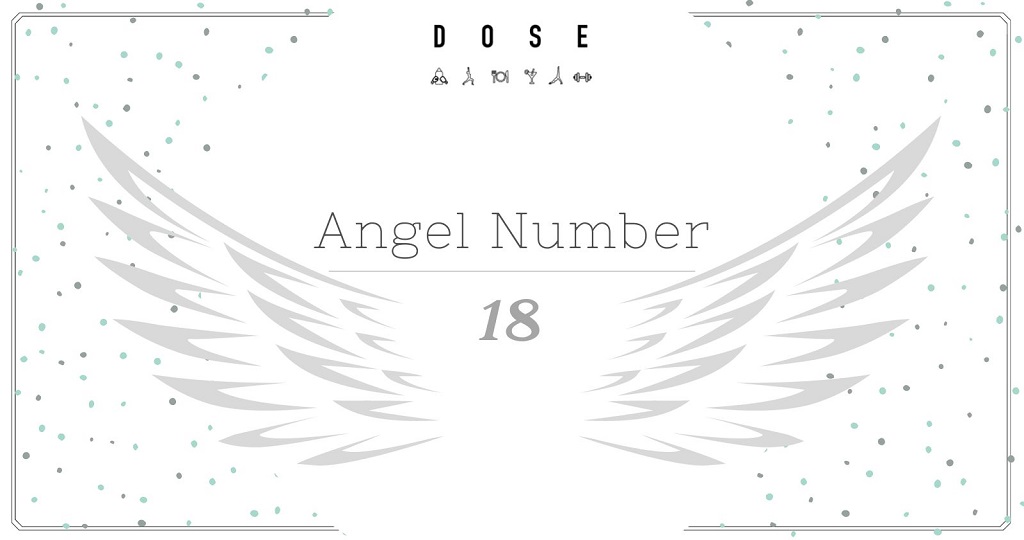Spirituality is a journey towards inner peace, growth, and enlightenment. It’s a personal exploration that allows individuals to transcend the mundane aspects of daily life and tap into a more profound sense of being. In this article, we’ll dive into the various types of spirituality and spiritual practices that individuals use to connect with a higher power, gain deeper insights into themselves and the world around them, and experience life with more meaning and purpose.
The Meaning of Spirituality
Spirituality is a broad term that encompasses various practices that lead to a deeper understanding of oneself and the world. It involves faith, beliefs, values, and principles that allow individuals to explore the mysteries of existence, the meaning of life, and the role of the divine in our lives. It’s an inner journey that can only be experienced through introspection, reflection, and personal experiences that go beyond the superficial aspects of existence.
The path of spirituality can take many shapes, and the approaches can vary. Some individuals may choose to follow a particular religion, while others may prefer to create their own belief system that aligns with their personal values and life experiences. Spirituality can also involve practices like meditation, yoga, mindfulness, and other forms of self-exploration that enable individuals to gain deeper insights into their minds, emotions, and the nature of the universe.
How Spirituality Differs from Religion: A Comparative Analysis
Spirituality and religion are two terms that are often used interchangeably, but they have distinct differences. Religion is an organized system of beliefs, traditions, and practices that are shared by a community of people. On the other hand, spirituality is a personal journey towards connection with a higher power that can happen within or outside of organized religion. One key distinction between the two is that spirituality emphasizes the inner journey and personal experience, while religion emphasizes the external, communal experience.
Religion provides a structured framework for spiritual practices with specific rituals, prayers, and doctrines that are aimed at connecting with a higher power. In contrast, spirituality allows more freedom and flexibility in how individuals choose to explore their inner selves and connect with a higher power. Choosing between religion and spirituality is a personal decision that depends on individual beliefs, experiences, and needs.
The Benefits of Practicing Spirituality for Mental Health and Well-being
There’s evidence that suggests that practicing spirituality can have significant benefits for mental health and well-being. Research has shown that individuals who engage in spiritual practices such as meditation, yoga, or prayer have lower levels of stress, anxiety, and depression.
Spiritual practices also provide a sense of purpose, meaning, and direction in life. They help individuals connect with their inner selves, gain self-awareness, and develop a greater sense of empathy and compassion for themselves and others. These practices help individuals overcome negative emotions and achieve a state of calmness and tranquility in their lives.
Understanding Different Types of Spiritual Beliefs and Philosophies
There are various types of spiritual beliefs and philosophies that individuals can practice to cultivate their inner selves and connect with a higher power. Some of the most popular include:
- Mysticism
- Transcendentalism
- Buddhism
- Taoism
- Hinduism
- Islam
- Christianity
Each of these belief systems has unique practices and principles that help individuals connect with a higher power and gain a deeper understanding of themselves and the world around them. Regardless of the approach, the path towards spirituality involves cultivating self-awareness, empathy, compassion, and a sense of purpose and meaning in life.
1. Meditation
Meditation is a powerful tool that individuals can use to cultivate inner peace, calmness, and connect with a higher power. It’s a practice that’s been used for centuries by different spiritual traditions to gain self-awareness, introspection, and mindfulness.
The process of meditation involves focusing one’s attention on a specific object, thought, or breath, and letting go of the distractions and thoughts that pop up in the mind. The practice of meditation helps individuals develop concentration, reduce stress, and increase self-awareness. It is used in many spiritual traditions like Buddhism, Hinduism, and Taoism, to name a few.
2. Yoga
Yoga is a physical, mental, and spiritual practice that has been practiced for thousands of years. It involves different postures, breathing techniques, and meditation to promote health and well-being. In addition to its physical benefits, yoga has a strong spiritual component that aims at connecting individuals with a higher power and bringing about a sense of inner peace, love, and harmony.
Yoga is a practice that’s rooted in Hinduism, but it’s also been adapted to different spiritual traditions, including Buddhism, Christianity, and Islam. It’s a practice that’s accessible to people of different ages, abilities, and backgrounds and can be customized to suit individual needs and preferences.
3. Mindfulness
Mindfulness is a technique that involves being present in the moment, focusing on the present without judgment or distraction. It’s an approach that can be practiced in daily life to cultivate a greater sense of gratitude, joy, and inner peace. Mindfulness emphasizes the importance of living in the moment, being aware of one’s thoughts, and experiencing life with greater clarity and intention.
Practicing mindfulness can involve techniques like meditation, mindful breathing, and mindful movement. It’s a practice that can be integrated into daily routines and has been shown to have several benefits, including reducing stress, anxiety, and depression and increasing overall well-being.
4. The Role of Nature, Art, and Music in Spiritual Practices
Nature, art, and music are powerful tools that individuals can use to enhance their spiritual practices. These elements help individuals connect with their inner selves, find inspiration, and gain a deeper understanding of the world around them.
Nature provides a sense of awe, wonder, and connection with the universe. It allows individuals to step away from the chaos of daily life and experience a sense of tranquility and calmness. Art and music also enable individuals to tap into their emotions, express their feelings, and gain inspiration from the creative work of others. These elements can be incorporated into different types of spiritual practices to enhance one’s overall experience and promote well-being.
5. Shamanism, Ayahuasca, and Other Traditional Spiritual Practices
Shamanism is a traditional spiritual practice that involves connecting with the spirit world through rituals, ceremonies, and plant medicines. Ayahuasca is a plant medicine that’s used in shamanic traditions to induce visions, gain insights, and connect with a higher power. These practices are rooted in indigenous cultures and have been used for centuries to promote healing, connection, and personal growth.
While these practices are not for everyone, they offer a unique approach to spirituality that allows individuals to explore different aspects of their consciousness and gain insights that may be difficult to achieve through other means. It’s essential to approach these practices with caution and respect for their cultural significance.
The Importance of Community and Social Connection in Spiritual Growth
Spirituality is often seen as an individual journey, but it’s important to note that the community and social connection also play a vital role in spiritual growth. Being a part of a community that shares similar beliefs and values can provide individuals with support, guidance, and encouragement along the spiritual path.
In addition to community support, social connections like friendships and family relationships can offer individuals a sense of purpose, love, and belonging that’s essential to overall well-being. It’s crucial to foster and nurture these connections in our lives and find ways to give back to our communities.
How to Incorporate Spirituality into Your Daily Routine
Incorporating spirituality into your daily routine can be a simple yet effective way of attaining inner peace, growth, and well-being. Here are a few tips to help you get started:
- Start the day with meditation or mindful breathing exercises
- Set aside time for daily reflections and gratitude journaling
- Explore different spiritual practices like yoga, prayer, or mindful movement
- Get outdoors and connect with nature
- Find ways to connect with like-minded individuals in your community
Common Misconceptions About Spirituality and Debunking Them
There are many misconceptions about spirituality that can hinder one’s ability to explore this path. Here are a few common misconceptions and the truth behind them:
- Misconception: Spirituality is the same as religion. Truth: While religion is an organized system of beliefs, spirituality is an individual journey towards a deeper understanding of oneself and the world.
- Misconception: Spirituality is only for the “spiritual”. Truth: Anyone can explore spirituality, regardless of their beliefs, experiences, or background.
- Misconception: Spirituality is only about positivity and love. Truth: While positivity and love are essential components of spirituality, it’s also a path that involves confronting negative emotions, fears, and limitations to achieve growth and transformation.
Finding Your Own Path to Spiritual Growth: Tips and Recommendations
The path of spirituality is a personal journey that’s unique to each individual. At the end of the day, the goal is to find a practice or belief system that aligns with your values, needs, and experiences. Here are a few tips to help you find your own path:
- Take the time to reflect on your values, beliefs, and experiences.
- Explore different types of spiritual practices and find the one that resonates with you.
- Be open-minded and be willing to try new things.
- Connect with like-minded individuals who can offer support, guidance, and encouragement.
In conclusion, spirituality and spiritual practices offer a powerful tool for individuals seeking growth, inner peace, and enlightenment. Whether you choose to explore this path through religion, meditation, yoga, or other practices, the goal is to cultivate self-awareness, empathy, and a deeper understanding of yourself and the world around you. We hope this article has shed some light on the various approaches to spirituality and motivated you to take the first step on this exciting journey.
















